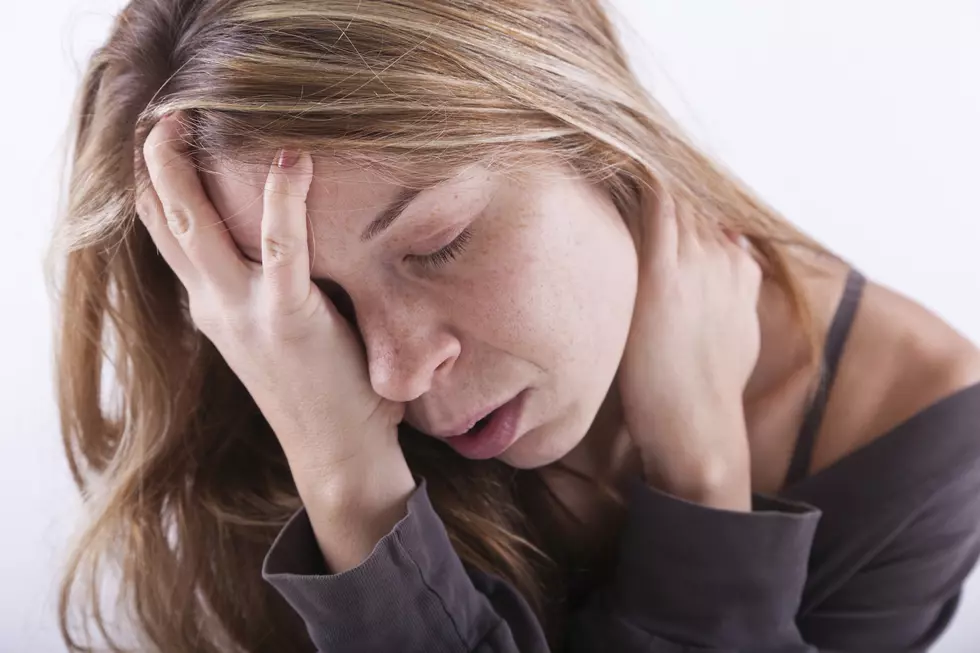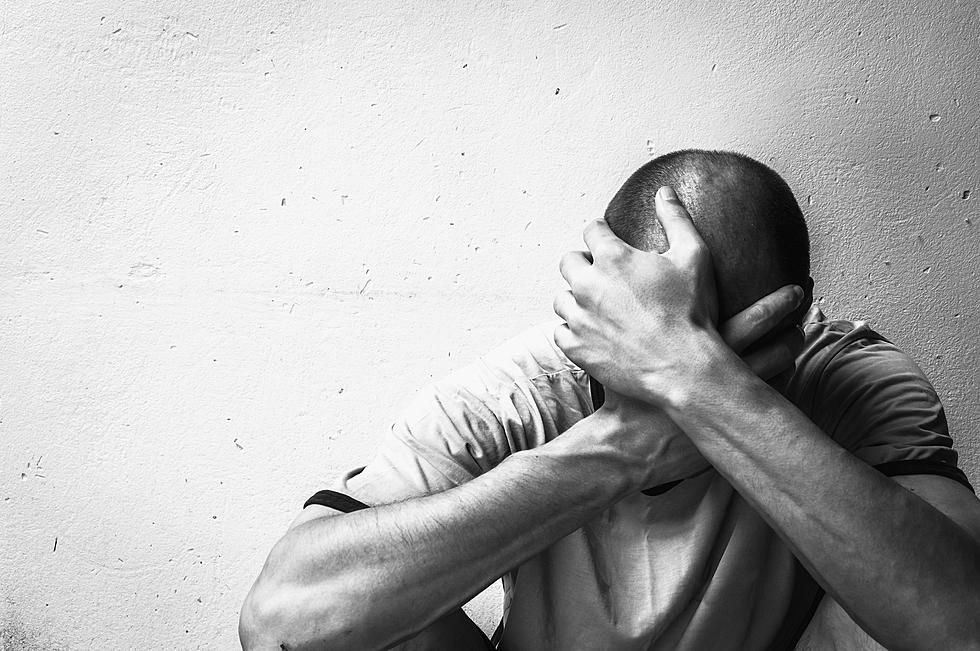
Data: Few Americans with depression receive treatment
Nearly eight percent of the U.S. population has depression of some kind and yet, only a third of those suffering receive treatment, according to data from the National Center for Health Statistics.
The data found that during 2009 to 2012, 7.6 percent of Americans aged 12 and over had depression. In addition, females experienced depression at a higher rate than males. Those living in poverty also had a high rate of depression versus other socioeconomic groups.
Despite the prevalence of depression among Americans, few people seek help for mental illness, even though those battling it report it impacts home, work and social activities. In fact, of the 3 percent of Americans aged 12 and over that had severe depressive symptoms, only 35 percent of them reported having contact with a medical professional in the past year.
Why do so few people suffering with depression seek treatment?
"Stigma is still a very big issue. We have made a lot of progress. Unfortunately, as we've seen celebrities suffer through tragedies as a result of depression, it has helped bring the issue to the forefront. Of course, it would be great for it to be in the open without such tragedies," said Shauna Moses, associate executive director of the New Jersey Association of Mental Health and Addiction Agencies. "Another barrier is that we don't have full parody with insurance companies."
Mosses said the federal law does not go far enough when it comes to coverage for treatment for depression.
"It's great that the law says that any health insurance plan that covers treatment for depression and other mental illnesses as well as substance use disorders must do so as equally as they would for medical and surgical care, but the problem is, it doesn't require plans to do that," Mosses said.
What is needed, according to Mosses, is a medical plan that covers depression and other issues. "That would help eliminate stigma as well. They would be on an equal level with medical and physical illnesses."
Moses knows firsthand what it's like to suffer from depression. About two and a half years ago, she hit her lowest point and attempted suicide.
"Depression takes away all rational thought. I remember listing all of the positive things in my life, which are many, but the depression blocked out all of the positive. Fortunately, a rational thought crept in and I was able to get help," Moses said. "When you have a heart condition, you go to a doctor to find out about it. That's the same thing with depression and anxiety. It shouldn't be anything that causes shame or embarrassment. I got help for depression and I have no problem saying that I am on medication for it."
Education and awareness, according to Mosses, are key to removing the stigma associated with mental illness.
Click here to learn more about depression and symptoms to watch out for.
More From New Jersey 101.5 FM









